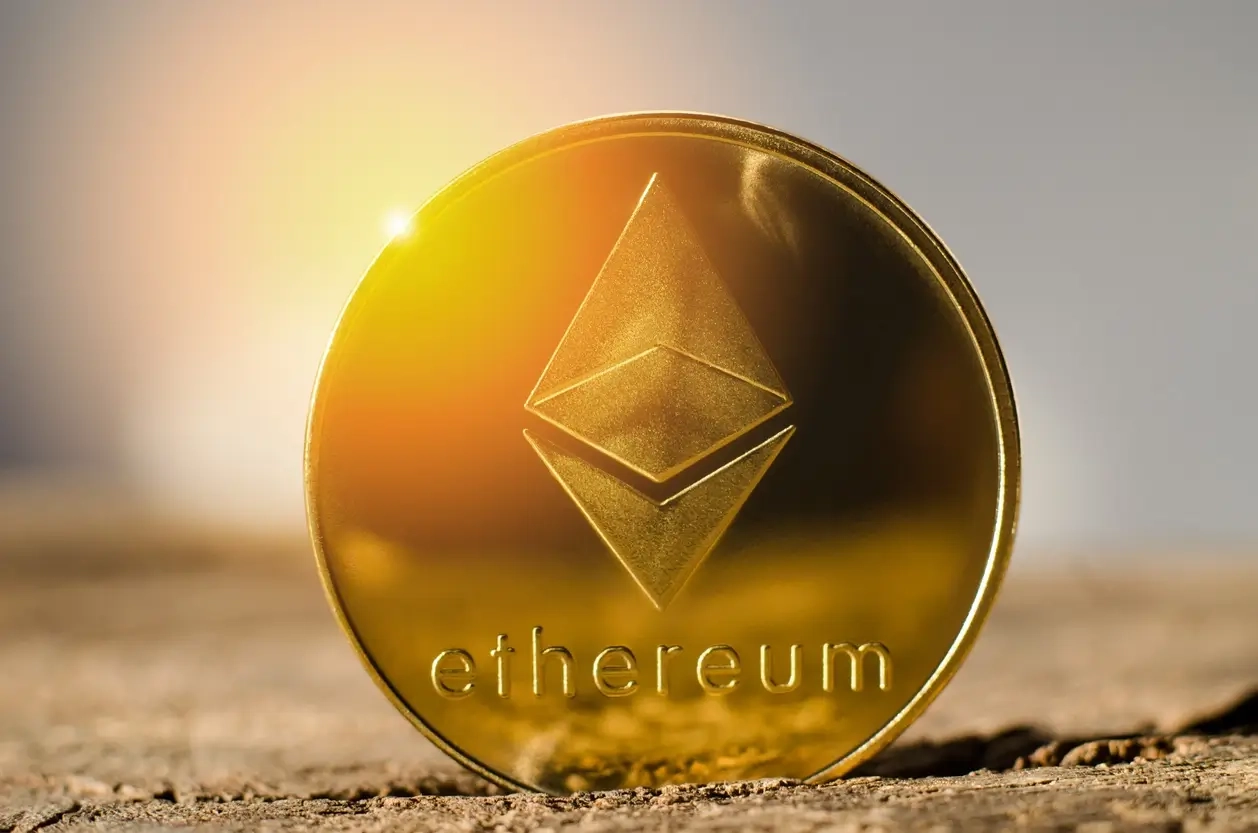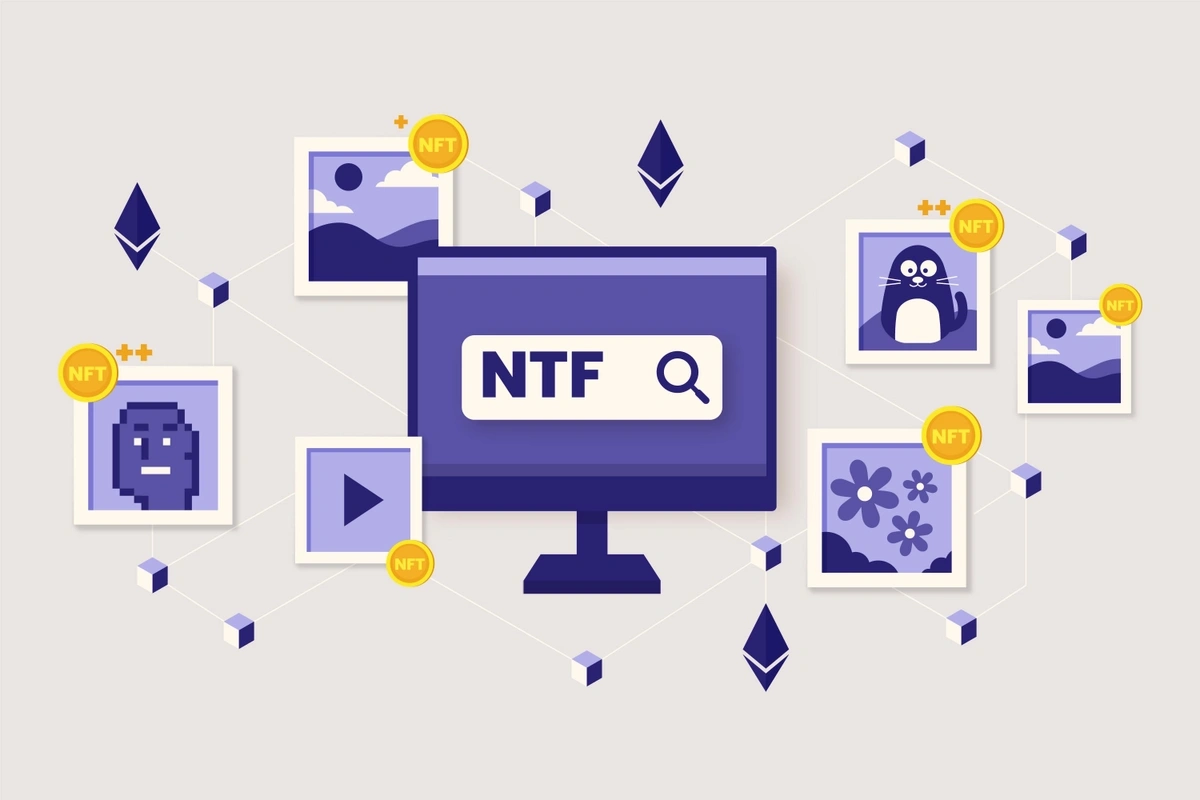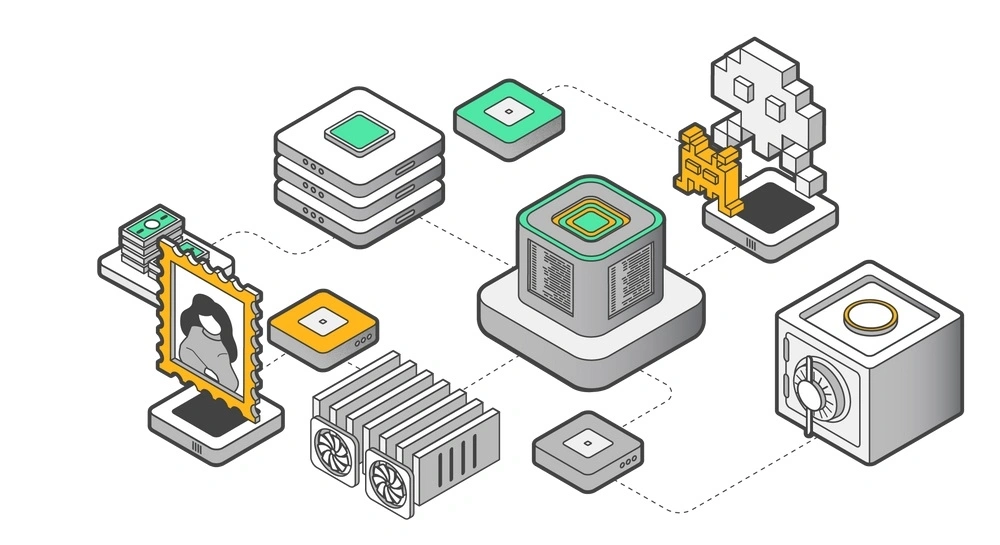If you’ve looked into Eth, the Ethereum blockchain, or any other cryptocurrencies using the Ethereum network, you’ll likely have seen or heard the term ERC-20. This mysterious acronym plays a hugely important role in Ethereum and cryptocurrencies as a whole.
What Is ERC-20 Token on the Ethereum Network & FAQ
Ethereum’s ERC-20 tokens are the key to enabling anyone to create smart-contract-compliant cryptocurrencies that abide by the guidelines set out by Ethereum. From here, they can harness the power of the entire Ethereum blockchain and ecosystem. But what are they really, and why do they matter so much?
What Is ERC-20 Token?
Ethereum Request for Comment number 20, better known as ERC-20, is Ethereum’s standard for smart-contract-enabled tokens on the Ethereum network. Unique to the Ethereum blockchain, these fungible tokens are interchangeable with other tokens.
IMPORTANT: Fungible tokens are not to be confused with non-fungible tokens (NFTs).
An ERC-20 token can refer to an asset, ownership, right, access, cryptocurrency, or any other item that is not unique and can be swapped for something else. Essentially, ERC-20 tokens allow digital assets to be easily swapped and exchanged for one another.
ERC-20 Tokens Explained – Why Were They Created?
When smart contracts first rose to prominence, many hurdles needed to be overcome, particularly as anyone could create them. At this point, standard coding across the board was nonexistent, meaning there was no way to guarantee that different tokens could be used, exchanged, or created.
Before standardization, every application had to create its own token, and users working on different platforms would have to contend with a difficult and lengthy process to transfer them back and forth.
The introduction of ERC-20 empowered people and projects to become interconnected, with many well-established digital currencies adopting the ERC-20 standard.
The Benefits of Ethereum ERC-20 Tokens
Developers, project creators, businesses, communities, and individuals all see great benefits from using Ethereum’s ERC-20 tokens. We’ve selected a few that highlight how each user type might benefit.
Interconnected Projects
A standardized approach to tokens allows them to be easily transferred and exchanged. This empowers different projects and communities to collaborate with one another while offering users the ability to easily swap their tokens for another.
Easy Coin Creation
Thanks to standardization, creating your own ERC-20 token on the Ethereum network couldn’t be faster. By following a few simple steps, a developer can have a new coin up and running with no hassle and with little time used.
- Name your token
- Decide your symbol
- Specify the decimal
- Confirm how it will be divided
Therefore, the typical cost to create an ERC-20 token on the Ethereum network is affordable and ranges from a few hundred to a few thousand dollars, depending on the complexity and additional features required.
Safety & Security
All ERC-20 tokens have built-in digital wallet functionality, meaning anyone holding the token can protect it by storing it in their wallet. This empowers token holders to retain complete control over the digital assets they own rather than leaving them on an exchange.
Cost-Effective to Create
Much time, effort, and money have gone into creating the ERC-20 token standard, making it costly to attempt to replicate. All the hard work has been done for you, meaning developers can easily create a token that offers a great user experience without all the associated costs.
A few things ERC-20 token creators might have to pay for include:
- Developer fees for writing the smart contract code
- Smart contract audit fees for security and vulnerability checks
- User interface design costs for a customized token interface
- Legal consultation fees for ensuring compliance with regulations
On average, the cost to create ERC-20 token is estimated to be around $1,000 to $3,000, depending on the complexity and additional services required. However, it can be lower or higher depending on your unique requirements. Factors that can increase ERC-20 token-creation costs include incorporating advanced functionalities, performing security audits, or seeking professional assistance for token development.
How Are ERC-20 Tokens Standardized?
A token must complete a selection of functions and events to earn ERC-20 standardization. By abiding by the minimum functions, you’ll ensure the security of your token, its holders, and the Ethereum blockchain. If you can’t provide the below, you can't create an ERC-20-compliant token.
- Total Supply
- Balance
- Transfer
- Transfer From
ETH & ERC-20: What’s the Difference?
ERC-20 is developed to be used on the Ethereum blockchain. However, this doesn’t mean that it is the same as the Ethereum cryptocurrency. ETH or Ethereum is the native token used by the Ethereum blockchain to process a transaction on the network.
ERC-20 is used as the standard for creating smart contract-enabled fungible tokens that can be used in the Ethereum ecosystem. Essentially, ERC-20 is the foundation of the majority of the cryptocurrencies that use Ethereum as their host blockchain.
Examples of Coins Created With ERC-20 Tokens
ERC-20 tokens have gained widespread adoption in the cryptocurrency industry, with numerous projects using this standard to create their own tokens. Some popular examples of ERC-20 tokens include:
Tether (USDT): Tether is the first ERC-20 token example. This stablecoin is pegged to the value of the US dollar and is widely used for trading and transferring value on the Ethereum network.
Binance Coin (BNB): Binance Coin is the native cryptocurrency of the Binance exchange, which is one of the largest cryptocurrency exchanges globally. BNB is used for discounted trading fees, participation in token sales, and more.
Chainlink (LINK): Chainlink is a decentralized oracle network that allows smart contracts on Ethereum to interact with real-world data. The LINK token is used to pay for services within the Chainlink network.
Uniswap (UNI): Uniswap is a decentralized exchange protocol that allows users to trade ERC-20 tokens directly from their wallets. UNI is the governance token of the Uniswap protocol, enabling holders to participate in decision-making processes.
USD Coin (USDC): USD Coin is another stablecoin pegged to the US dollar and designed to offer stability and liquidity in the cryptocurrency market. It is widely used for trading and as a store of value.
Aave (AAVE): Aave is a decentralized lending and borrowing protocol on Ethereum. The AAVE token grants holders governance rights and allows participation in the Aave ecosystem.
Shiba Inu (SHIB): In 2020, Shiba Inu (SHIB) was anonymously created using ERC-20 Tokens, primarily as an answer to Dogecoin. While its origins are widely considered to be a joke (or meme), it has since become more prevalent, thanks to the ongoing support of loyal followers and involvement from Ethereum co-founder Vitalik Buterin.
DAI Stablecoin (DAI): DAI is an ERC-20 decentralized stablecoin pegged to the value of traditional fiat currencies, predominantly the United States Dollar. Operating on the Ethereum blockchain as an ERC-20 token, DAI is created through collateralization, allowing users to lock up assets such as Ethereum to mint stable DAI tokens. Its decentralized governance by MakerDAO, and its multi-collateral support, make DAI a versatile and widely used stablecoin within the Ethereum-based decentralized finance (DeFi) ecosystem.
Please note that this ERC-20 token list represents just a few examples of the many available on the Ethereum network, and the popularity of tokens can change over time.
Frequently Asked Questions (FAQ) About ERC-20 Tokens
Q: What does it take to create ERC-20 tokens?
A: Creating ERC-20 tokens requires basic knowledge of Solidity, the programming language used for Ethereum smart contracts.
Q: What should I look for when choosing a wallet for ERC-20 tokens?
A: When choosing a wallet for ERC-20 tokens, consider factors such as compatibility, security, user experience, and community trust.
Q: Can ERC-20 tokens be used on platforms other than Ethereum?
A: ERC-20 tokens are primarily designed for use on the Ethereum blockchain, but projects are working on enhancing interoperability.
Q: Are ERC-20 tokens compatible with decentralized exchanges (DEXs)?
A: Yes, ERC-20 tokens are widely supported by decentralized exchanges (DEXs) built on the Ethereum blockchain.
Q: Can ERC-20 tokens be used for fundraising through Initial Coin Offerings (ICOs)?
A: Yes, ERC-20 tokens have become the standard choice for conducting Initial Coin Offerings (ICOs) on the Ethereum network.
In Summary: What Are ERC-20 Tokens
ERC-20 tokens are the standard when it comes to creating smart contract-compliant cryptocurrencies on the Ethereum network. They enable the easy creation and exchange of digital assets within the Ethereum ecosystem.
By harnessing the power of the Ethereum blockchain and ERC-20 tokens, cryptocurrency developers, projects, and communities can create viable tokens in a cost-effective and time-friendly manner, fostering an interconnected and thriving Ethereum network.
Need an ERC-20 token wallet for your coins on the Ethereum network? Check out Zert.





